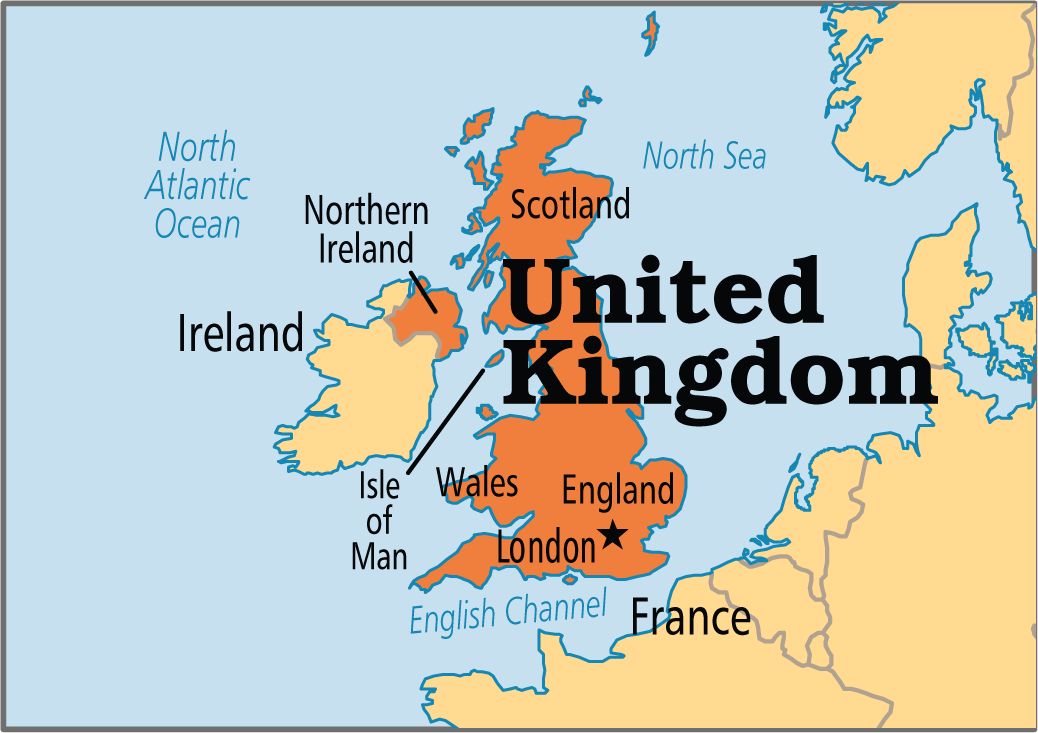Kashmir Debate in UK’s Parliament | 16 Jan 2021
Why in News
Recently, India has expressed its concern over a debate on Kashmir in the Houses of Parliament complex in London.
- Earlier in october 2020 a delegation of European Union Members of Parliament (MEPs), comprising 27 Members of the European Parliament (MEPs) from Italy, Britain, France, Germany, Czech Republic, and Poland, visited Srinagar, nearly three months after the revocation of Article 370.
Key Points
- Background:
- A debate was organised by some Members of Parliament in the United Kingdom (UK), titled "Political situation in Kashmir".
- It raised concerns of alleged human rights violations and called on the UK government to seek access to the region for direct reports from Jammu and Kashmir and Pakistan-occupied Kashmir (PoK) to be presented in the UK Parliament in future.
- India’s Concern:
- The terminology used in the debate was problematic, regarding the reference to 'Kashmir'' in the title - there is a need to differentiate between the Union Territory of Jammu and Kashmir, which is an integral part of India, and Pakistan Occupied Kashmir (when the erstwhile princely state of Kashmir legally acceded to India in October 1947, this part was forcibly and illegally occupied by Pakistan).
- The debate ignored current ground reality of the Union Territory of Jammu and Kashmir and, instead chose to reflect false assertions of the kind promoted by a third country (Pakistan), such as unsubstantiated allegations of 'genocide'', 'rampant violence'' and 'torture'.
- India’s Stand:
- The Indian High Commission in London sought to highlight that since last year, a smart wi-fi project has enabled high-speed internet access in the region and that despite threats of terror attacks, challenging weather conditions and the Covid-19 pandemic, landmark District Development Council (DDC) elections were concluded in December 2020.
- India stands ready to engage with Pakistan on all outstanding issues – including on Jammu and Kashmir in accordance with the Shimla Agreement (1972) and the Lahore Declaration (1999) in an atmosphere free from terror, hostility and violence.
- UK Government’s Stand:
- Although there were human rights concerns on both sides of the Line of Control (LoC), the UK will not play any mediatory role in a bilateral India-Pakistan matter.
- The government's policy (on Kashmir) remains stable, it's unchanged.
- It continues to believe that India and Pakistan need to find a lasting political resolution to the situation that takes into account the wishes of the Kashmiri people as laid out in the Simla Agreement (1972).

